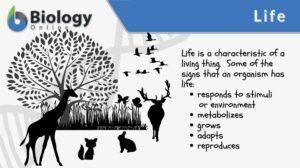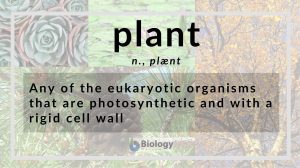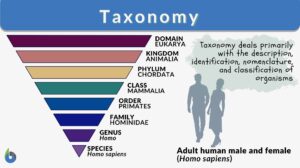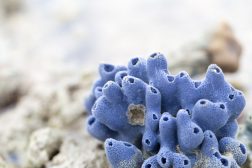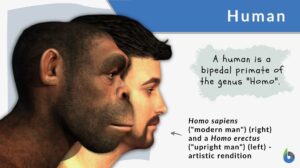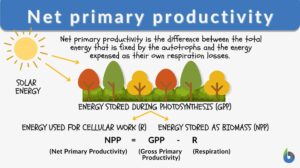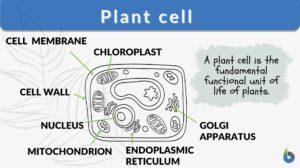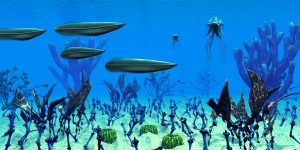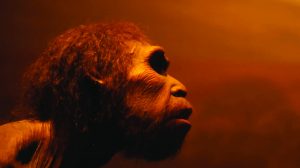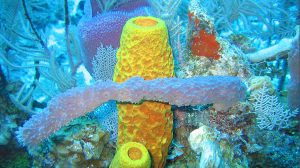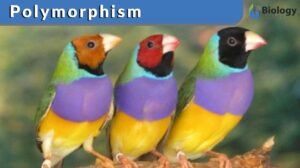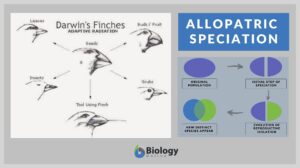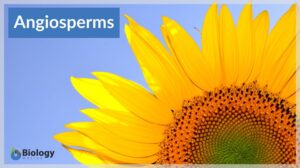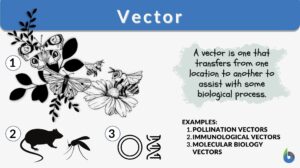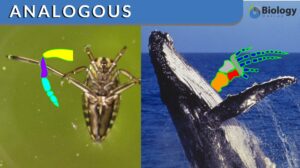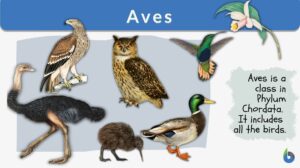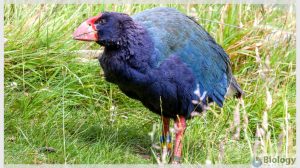Search Results for: era
Primitive Animals
Incorrect taxonomic classifications deemed organisms to be either animals or plants, in the Plantae or Animalia kingdoms... Read More
The Evolutionary Development of Multicellular Organisms
The beginning of the Cambrian era saw a widespread arrival of multi-cellular organisms, particularly in the form of sponges.... Read More
Net primary productivity
In order to keep the biosphere running, different organisms play different roles and functions. Some help in oxygen... Read More
Last universal ancestor
Definition noun The hypothetical primordial organism from which all other species of organisms on Earth... Read More
Survival of the fittest
When we talk about evolutionary processes, the usage of the phrase "Survival of the fittest" has been very common in... Read More
Catarrhine
Definition noun, plural: catarrhines Any of the primates belonging to the parvorder Catarrhini, characterized by having the... Read More
Plant cell
Plant Cell Definition A plant cell refers to any cell of a plant. It is the structural and functional unit of plants. Plant... Read More
Ichthyology
Definition noun A branch of biology concerned primarily with the study of fish Supplement Ichthyology is the scientific... Read More
Helminthology
Definition noun A branch of zoology that particularly deals with the helminths, particularly the parasitic... Read More
Demographic transition
The demographic transition model is a theoretical framework that explains the historical shift in population dynamics as a... Read More
Arthropods
There are over two million species of arthropods, who initially arrived on Earth in the middle of the Cambrian period.... Read More
The Hominids
Although humans in today's world are the most advanced species on the planet, we previously shared the exact same genetic... Read More
A New Theory on the Origin of Animal Multicellularity
Multicellular life, purportedly, started around 600 million years ago. From single-celled, certain organisms eventually... Read More
Polymorphism
Polymorphism Definition The occurrence of two or more different forms or morphs in the population of a species is referred... Read More
Totipotent
Totipotent Definition What is totipotent? In general terms, totipotency is defined as the ability of a single cell to... Read More
Allopatric speciation
We can define speciation as a process by which the novel genetically independent group of organisms are formed through the... Read More
Angiosperm
Angiosperms Definition What is an angiosperm? An angiosperm is a plant that produces flowers. The angiosperms, also... Read More
Platyrrhine
Definition noun, plural: platyrrhines Any of the small to mid-sized primates belonging to the pavorder Platyrrhini,... Read More
Y chromosome
Y chromosome Definition The Y chromosome constitutes one member of the pair of sex chromosomes within an organism, a common... Read More
Takahē (Porphyrio hochstetteri)
By: Maria Victoria Gonzaga Previously, we've seen the different animals endemic to New Zealand. Due to the... Read More

